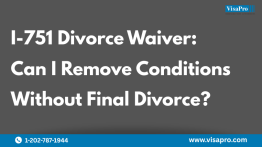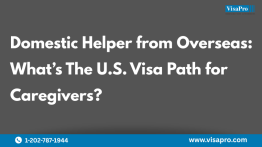Quick Summary:
If you’re a foreign national seeking to do a 1-year unpaid internship at a non-profit in USA, your visa options may feel confusing. Although you’re not being paid, the U.S. government often still treats such internships as “work.” This article guides you through your best visa path while helping you avoid pitfalls and plan your U.S. internship with confidence.
Choosing the Right Visa For a U.S. Internship at a Non-Profit
Clear Answer:
Foreign nationals must have proper the proper work visa or employment authorization to work in the U.S. An unpaid internship in the U.S. is considered “work” by immigration authorities. You’ll need a proper visa even if it’s with a non-profit. The most suitable visa for internships is J-1 Visa for Interns or Trainees.
Unpaid internships must be distinguished from traditional volunteer work which is truly altruistic or doesn’t replace the work of another person.
This distinction matters. Many well-meaning applicants have mistakenly entered the U.S. on a B-1/B-2 visa, thinking an unpaid internship doesn’t require work authorization. This can lead to visa denials, entry refusal at the airport, or even future bans.
U.S. immigration law, however, provides a specific visa category that balances the need for hands-on training with compliance: the J-1 Exchange Visitor Visa.
Why the J-1 Visa Is the Best Fit for Your Internship
Clear Answer:
The J-1 Visa is one of the few visa categories available which would allow you to undertake an unpaid internship or professional training at a non-profit while gaining hands-on experience.
The J-1 Exchange Visitor Program was designed for individuals like you, professionals or students, who want to enhance their skills through short-term training in the U.S. It covers a wide range of internship and training opportunities, including in law, social justice, and non-profit work.
Example 1:
A law graduate from Italy secured a 12-month internship at a human rights non-profit in Miami through the J-1 Intern program. Although unpaid, the experience qualified under the “Intern” category as she graduated law school within the past year. Her sponsor helped provide documentation, and she entered the U.S. successfully with proper authorization.
Example 2:
A Chinese lawyer received an offer from a U.S. immigration clinic. With VisaPro’s help, he applied through an umbrella J-1 sponsor under the J-1 Trainee program as he had a degree and 1 year experience abroad. His internship involved legal research and client communication, activities that would have been flagged as unauthorized under any other visa.
Tip: Be sure the employer has a clear training plan. The J-1 program requires a Training/Internship Placement Plan (Form DS-7002) that outlines learning objectives, not just work tasks.
How to Find a J-1 Visa Sponsor for Your Internship
Clear Answer:
To get a J-1 visa, you must first secure a designated program sponsor, either directly through the non-profit or a sponsor approved by the U.S. Department of State.
Most organizations do not have sponsor authority. If the non-profit where you’ll intern is not a designated sponsor, they can still host you via a J-1sponsor, a third-party entity authorized by the Department of State to administer J-1 programs.
Finding the Right Sponsor:
- Use the State Department’s Designated Sponsor List to search for a program in your field (e.g., law, public policy).
- Consider reputable sponsors that routinely work with legal professionals and non-profits.
What You’ll Need:
- An offer letter from the host organization
- DS-7002 training plan
- Proof of English proficiency
- Financial documents showing you can support yourself during your internship if it will be unpaid
Real Scenario:
A Nepalese human rights advocate found an unpaid internship with a refugee support NGO in NYC. The NGO didn’t have an official J-1 program, but Cultural Vistas stepped in as the J-1 sponsor. The attorney completed her 1-year stay without issues.

Can I Work While on a J-1 Visa Internship?
Clear Answer:
You may engage in productive work on a J-1 visa, but only within the scope of your approved training or internship. You cannot hold other jobs or freelance outside the program.
This is a key reason the J-1 is suitable. While other visas prohibit hands-on activities, the J-1 allows you to engage in work as long as it supports your training objectives. However, any deviation from the approved DS-7002 plan may result in visa violations.
Stay Within the Lines:
- Do not accept pay unless explicitly permitted and listed in your DS-7002
- Do not take part-time gigs or volunteer elsewhere during your stay
- Keep regular check-ins with your sponsor and host site, as required by them
Risk Example:
An intern in Boston accepted a side hustle tutoring law students online. Her sponsor found out and terminated her program, leading to loss of status and difficulties reentering the U.S. later.
Will I Be Subject to the J-1 “Two-Year Rule”?
Clear Answer:
Possibly. Some J-1 programs and/or countries will require you to return to your home country for two years before applying for certain U.S. visas (like H-1B or Green Card). But not all J-1 internships trigger this rule.
This is known as the “212(e) Two-Year Home Residency Requirement.” Whether it applies depends on:
- Funding source (e.g., government-funded programs will likely to trigger it)
- Your home country’s “Skills List” (some occupations are restricted)
- The nature of your program
Example:
A lawyer from India on a privately funded J-1 internship in immigration law was not subject to the rule because India is not on the J-1 Skills List. She later moved to an H-1B without issue.
Counter example:
A legal intern sponsored by a government-funded program in Mexico was subject to the rule and had to either return home for two years or obtain a formal waiver before switching to H-1B visa.
Tip: Once your J-1 visa is issued, check the bottom of your visa stamp and DS-2019. These documents should indicate whether or not you are subject to the rule. If you think the consulate made an error, contact an immigration attorney.
What Visa Types Should You Avoid for This Internship?
Clear Answer:
Do not use the B-1/B-2 Visitor Visa or enter under the Visa Waiver Program for internships. These do not permit hands-on work, even if unpaid.
This is a very common and costly mistake. U.S. immigration policy considers almost all internships to be “productive employment.” Coming in on the wrong visa could lead to a visa denial, deportation, or future ineligibility.
Avoid These Scenarios:
- “I’ll just say I’m visiting and start volunteering when I arrive.” à Risk of removal at airport
- “But I’m not getting paid!” à Irrelevant. Productive work is still work.
- “I’ll just use ESTA/Visa Waiver Program and leave after 90 days.” à Unauthorized activity = serious consequences.
Stay Safe: Always secure the proper internship visa before entering the U.S.
How VisaPro Can Help You Navigate the J-1 Visa Process
Clear Answer:
VisaPro has helped international professionals secure the right internship visa, even in complex unpaid roles at non-profits. We can help you choose the right sponsor, prepare DS-7002 plans, and avoid pitfalls.
Whether you’re a recent graduate or a mid-career professional, getting the right visa the first time is essential to protect your future U.S. immigration prospects. With the right strategy and support, your dream internship in USA can become a powerful step forward in your legal career.
Contact VisaPro today for a Free Visa Assessment , or let us match you with a J-1 sponsor aligned with your training goals.
Frequently Asked Questions (FAQs)
1.What is the best visa for an unpaid internship in the U.S.?
The J-1 Internship or Trainee Visa is usually the best visa for unpaid internships in the U.S., including those at non-profits. It allows hands-on work and training for up to 12–18 months, depending on your qualifications.
2.Can I do an internship on a B-1 visitor visa or ESTA?
No. The B-1/B-2 visa and Visa Waiver Program do not permit most internships, even if unpaid. Attempting to intern on these visas can lead to removal or visa bans. The only exception includes B-1 visas for medical clerkships and B-1/B-2 visas for internships that will strictly involve observation or shadowing only (no hands-on work).
3.What are the requirements for a J-1 internship visa in the United States?
You must be enrolled in a program of study abroad or have graduated within the past 12 months. You must secure a J-1 sponsor, submit a DS-7002 training plan, show English proficiency, and provide proof of financial support. The host organization must agree to supervise and train you.
4.What are the requirements for a J-1 trainee visa in the United States?
You must have graduated from a program of study or certificate program (which was at least 2 years in length) and have 1 year of experience outside the U.S. or have 5 years of related experience outside the U.S. You must secure a J-1 sponsor, submit a DS-7002 training plan, show English proficiency, and provide proof of financial support. The host organization must agree to supervise and train you.
5.Will the two-year home residency requirement apply to my internship?
Not always. The J-1 two-year rule only applies in certain cases, like government-funded programs or when your home country lists your profession as essential. Many interns are not subject to this rule.
6.How do I find a sponsor for an America internship visa?
You can use the State Department’s list of designated J-1 sponsors, or work with umbrella J-1 sponsor organizations that partner with non-profits. VisaPro can also help you find a suitable sponsor and streamline the process.
Considering an internship in the U.S.? Don’t guess your way through the visa maze.
Let VisaPro help you assess your case, avoid costly mistakes, and build a compliant internship plan. 👉 Schedule your Free Visa Assessment now.
What VisaPro Customers Are Saying
The US [B-1] Visa has always been a tough ride, and being denied a few times it makes it even worse. But thanks to VisaPro and their meticulous processing I was granted a Visa. I would like to thank you and all the people involved in making this a success. I would like to recommend VisaPro to all those who seek peace of mind and hassle free Visa processing.”
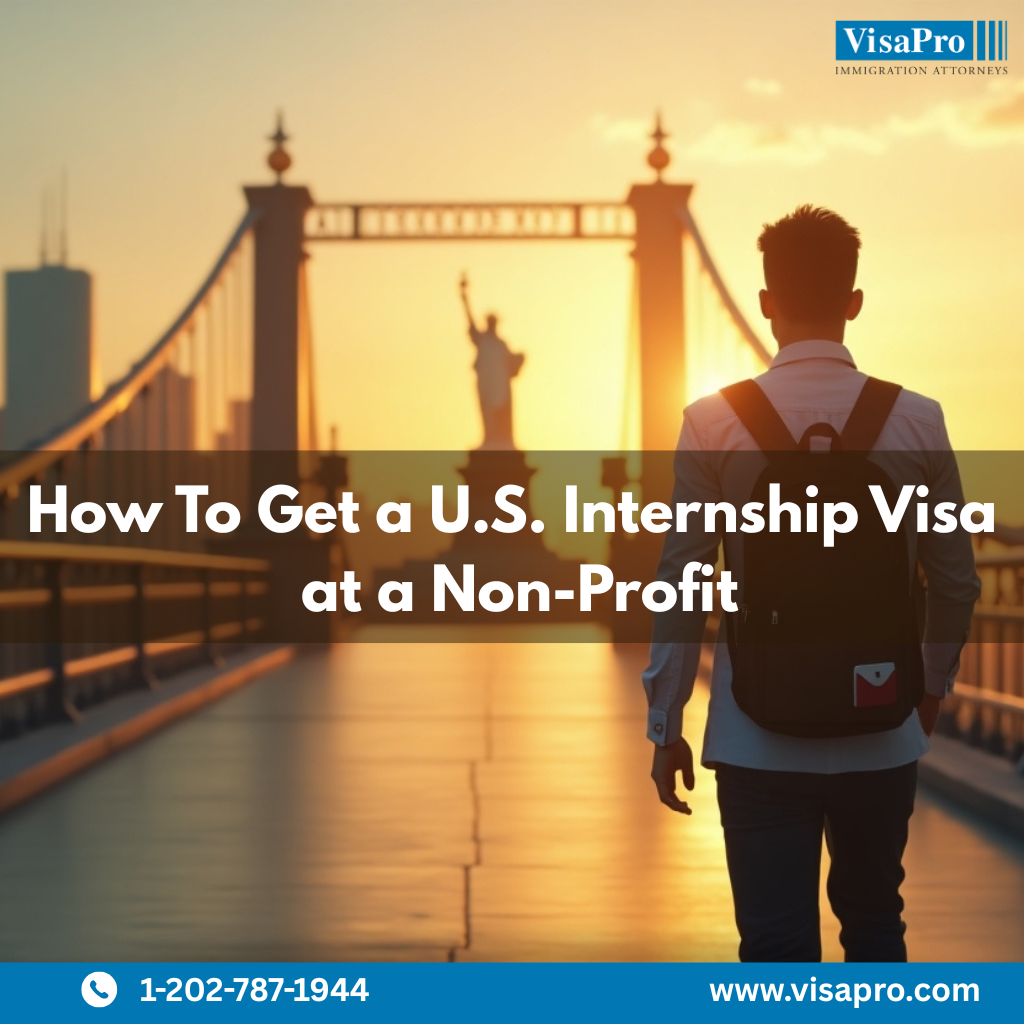
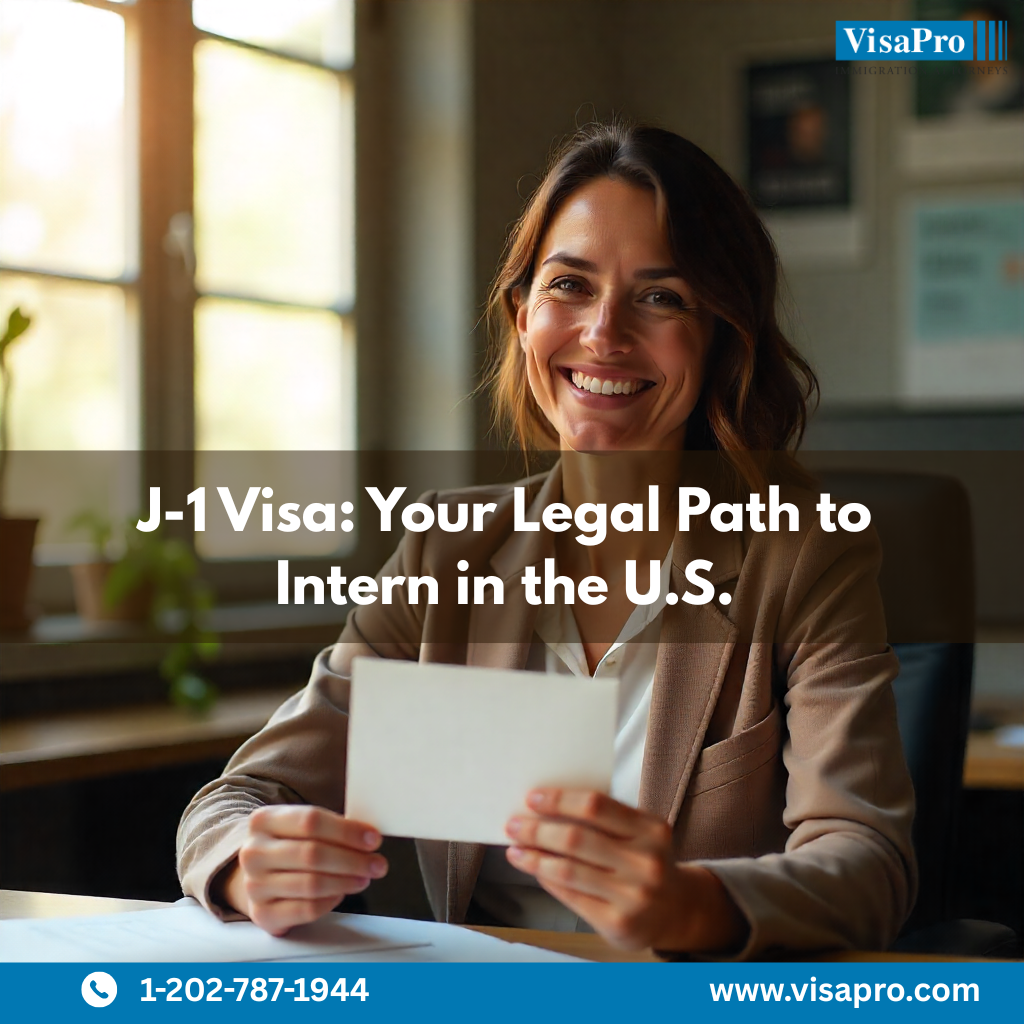
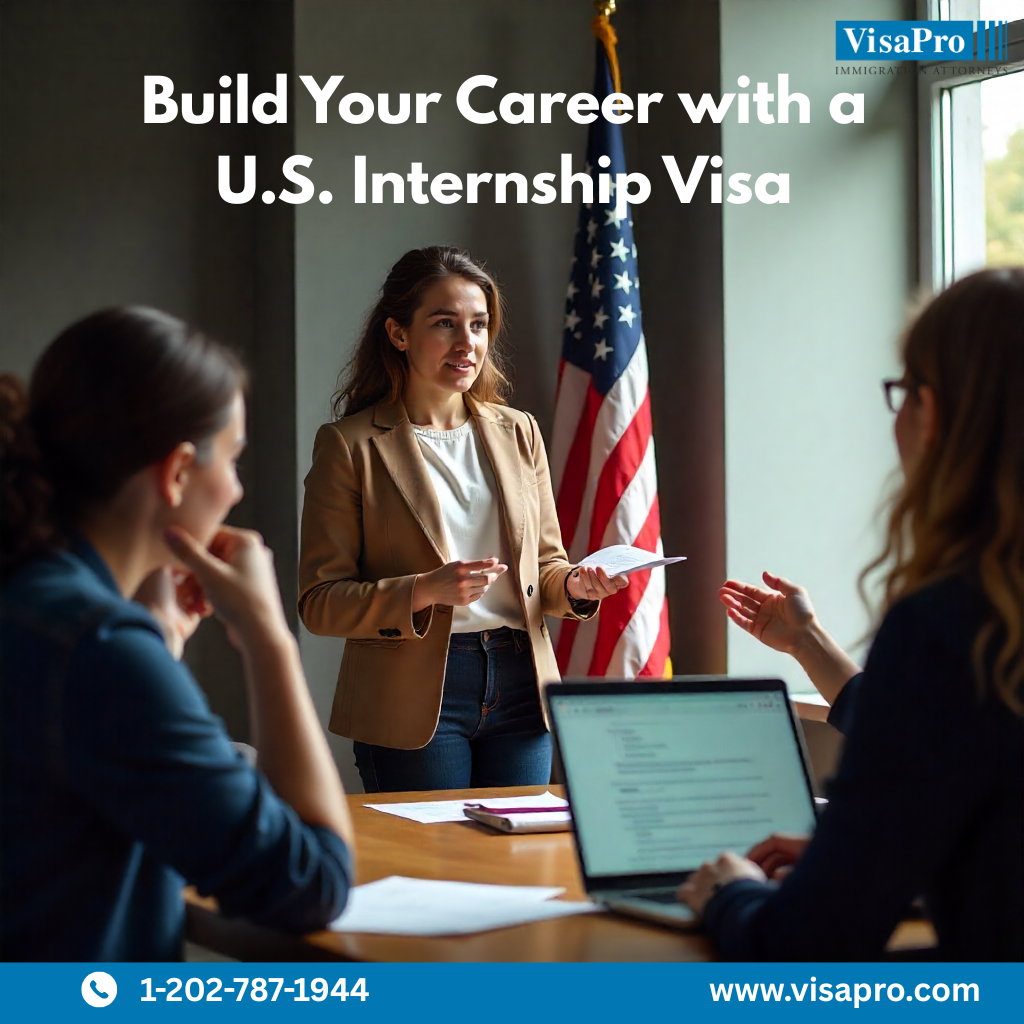
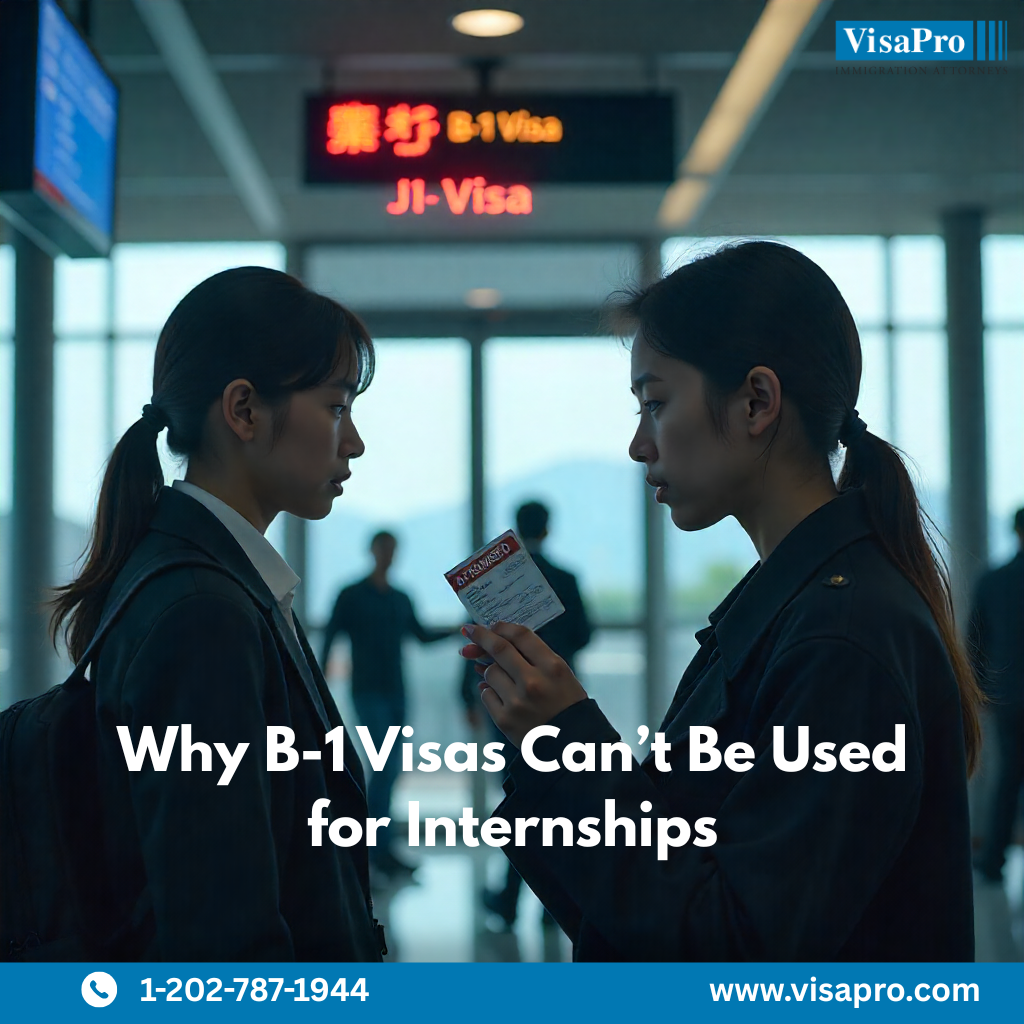
 Manas Bhat, Director Operations, First Houston Mortgage India
Manas Bhat, Director Operations, First Houston Mortgage India